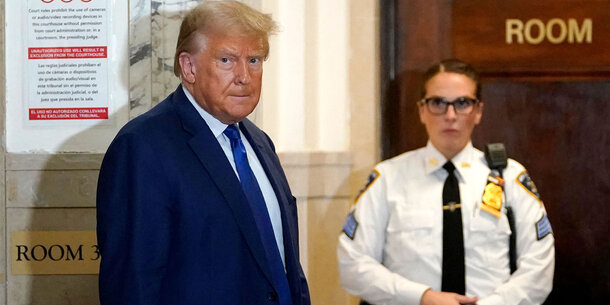On June 23, 2021, Gov. Lamont signed legislation restoring voting rights for all state residents who are not in prison.
Disenfranchisement in Connecticut
Prior to changing its law on June 23, 2021, Connecticut prohibited people with felony convictions from voting while they were in prison or on parole. As a result, as many as 4,000 residents living in the community could not vote because of a past conviction. Connecticut’s previous law had a disparate impact on communities of color because of racial discrimination in the state’s criminal justice system.
Additionally, Connecticut was the last state in the country that distinguished between probation and parole for purposes of voting eligibility. That policy risked confusion among election officials and eligible voters who may have refrained from voting out of fear that they may be breaking the law. Connecticut’s prior felony disenfranchisement policy was also the most regressive in the Northeast.
Legislative Efforts
In 2021, legislators introduced HB 6578 and SB 5, to restore voting rights to people on parole. On March 10, 2021, the Joint Committee on Government Administration and Elections held a hearing on HB 6578 and the Brennan Center provided written testimony. On May 25, 2021, the Senate passed SB 5. The House failed to pass the bill in time for the end of the regular legislative session.
However, the Governor then called the legislature into a special session. In the special session, SB 5 was incorporated into SB 1202. On June 15, 2021, the Senate passed SB 1202. The House passed the bill with amendments on June 16, 2021. On June 17, 2021, the Senate concurred in the House’s amendments. Gov. Lamont signed SB 1202 into law on June 23, 2021.
The Brennan Center worked with a coalition of national and Connecticut-based organizations to secure the bill’s enactment and return the right to vote to thousands of people living in Connecticut’s communities.
In 2020, legislators introduced SB 233, which will automatically restore voting rights to people on parole. On February 28, 2020, a public hearing before the Joint Committee on Government Administration and Elections was held on the bill and the Brennan Center provided written testimony in support.
Lawmakers began to introduce bills to restore voting rights to people on parole in 2018 and 2019. Prior to that, the Connecticut General Assembly enacted bills in 2005 and 2006 to prohibit election officials from requiring newly enfranchised voters to submit documentation proving their discharge from incarceration or parole and payment of fines in order to register to vote.
In 2001, following a years-long grassroots campaign, Republican Governor John G. Rowland signed into law legislation that first restored voting rights to people on probation.
Brennan Center Materials
- Unlocking the Vote in Connecticut, Stuart Baum (June 23, 2021)
- Connecticut Governor Signs Bill to Restore Voting Rights to People on Parole (June 23, 2021)
- Written Testimony of Eliza Sweren-Becker to the Connecticut Joint Committee on Government Administration and Elections (March 10, 2021)
- Written Testimony of Eliza Sweren-Becker to the Connecticut Joint Committee on Government Administration and Elections (February 28, 2020)
Press
- Opinion: CT needs to to restore voting rights to formerly incarcerated people, Rev. Lennox Yearwood Jr. and Myrna Pérez, the Connecticut Post (June 6, 2021)
- Opinion: It’s time to restore voting rights in Connecticut, Scott Semple, New Haven Register (April 30, 2021)
- Connecticut Should End Felony Disenfranchisement, Connecticut Law Tribune Editorial Board, Connecticut Law Tribune (March 9, 2021)
- Connecticut Advocates Pushing To Restore Voting Rights For People On Parole, Cassandra Basler, WSHU (March 3, 2021)
Brennan Center Publications
- Restoring the Right to Vote, Erika Wood (2009)
- The Brennan Center’s policy proposal for restoring voting rights for citizens with past criminal convictions.
- My First Vote (2009)
- Testimonials of individuals who regained their voting rights after being disenfranchised because of past criminal convictions.
- De Facto Disenfranchisement, Erika Wood & Rachel Bloom (2008)
- A report on how complex laws, poorly informed officials, and misinformation lead to the de facto disenfranchisement of citizens with past criminal convictions who are eligible to vote.
- Racism & Felony Disenfranchisement: An Intertwined History, Erin Kelley (2017)
- A piece examining the historical roots of criminal disenfranchisement laws that today strip voting rights from millions of U.S. citizens.
For more information about the Brennan Center’s work on Restoring Voting Rights in Connecticut, please contact Connie Wu at wuc@brennan.law.nyu.edu.

